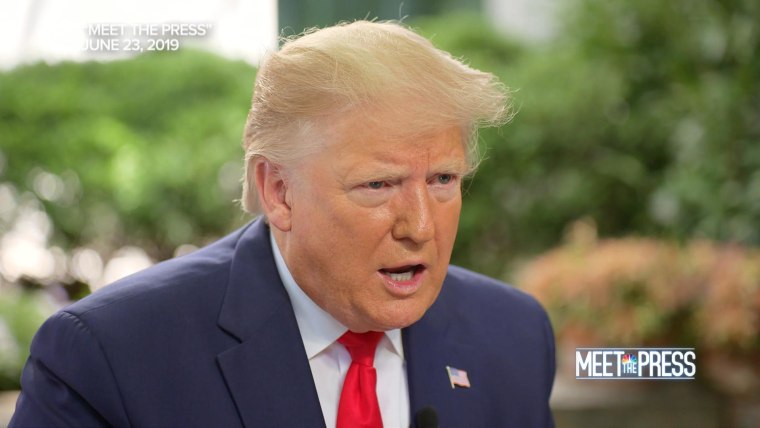Support grows to overhaul presidential vote count process
[ad_1]
Proposals to change federal laws that govern how to compile and count the official Electoral College votes for president were once thought to have little chance of passing Congress.
But bipartisan support is building, with broad agreement that something must be done to change the 135-year-old procedure, which seemed perilously close to breaking down in 2020, when then-President Donald Trump and his allies tried to exploit the system to overturn his electoral defeat. The effort culminated when a violent mob attacked the U.S. Capitol and disrupted the process.
“If there’s a need to clarify, count me in,” said Sen. Lindsey Graham, R-S.C.
Recent comments by Trump had the paradoxical effect of helping to make the case to remove ambiguities. He said discussions about changing the law suggest that members of Congress believe Vice President Mike Pence had the power to reject votes from battleground states and change the outcome of the 2020 election.
“Now they want to take that right away. Unfortunately, he didn’t exercise that power, he could have overturned the election!” Trump said in a statement.
Some senators say Trump’s claim is proof that the law needs to be examined.
The Constitution and federal law do not give the vice president that authority, and reform proposals now under discussion would make it clear that, as president of the Senate, the vice president would be responsible only for convening the counting session, maintaining order, opening the envelopes and announcing the vote — with no ability to challenge or reject any votes.
A draft Senate bill would cut those powers back even further. The Senate’s president pro tem would preside over the joint session, and the vice president’s role would be reduced to the minimum specified in the Constitution — to open each state’s ballots.
The Senate bill would also provide extra time to settle disputes over who won each state’s popular vote, delaying the day they must appoint their electors to Dec. 20, giving them extra breathing room to conduct recounts and settle legal disputes that arise after the polls close. A presidential candidate could sue in federal court to ensure that a slate of electors sent to Congress reflects the result of a state’s popular vote.
Each state’s governor would be required to certify that the slate of electors reflects the outcome of the popular vote, and any attempt by a state legislature to substitute its own slate would be invalid. To prevent the counting of rogue slates of electors, the draft bill would explicitly declare as void any submitted votes that do not comply with a state’s official process.
The actual casting of electoral votes would move to Dec. 29, about two weeks later than under the current law.
The Senate bill, drafted by Democrats Dick Durbin of Illinois and Amy Klobuchar of Minnesota and Independent Angus King of Maine, seeks to further limit the grounds members of Congress could cite in seeking to block counting a…
[ad_2]
Read More: Support grows to overhaul presidential vote count process

